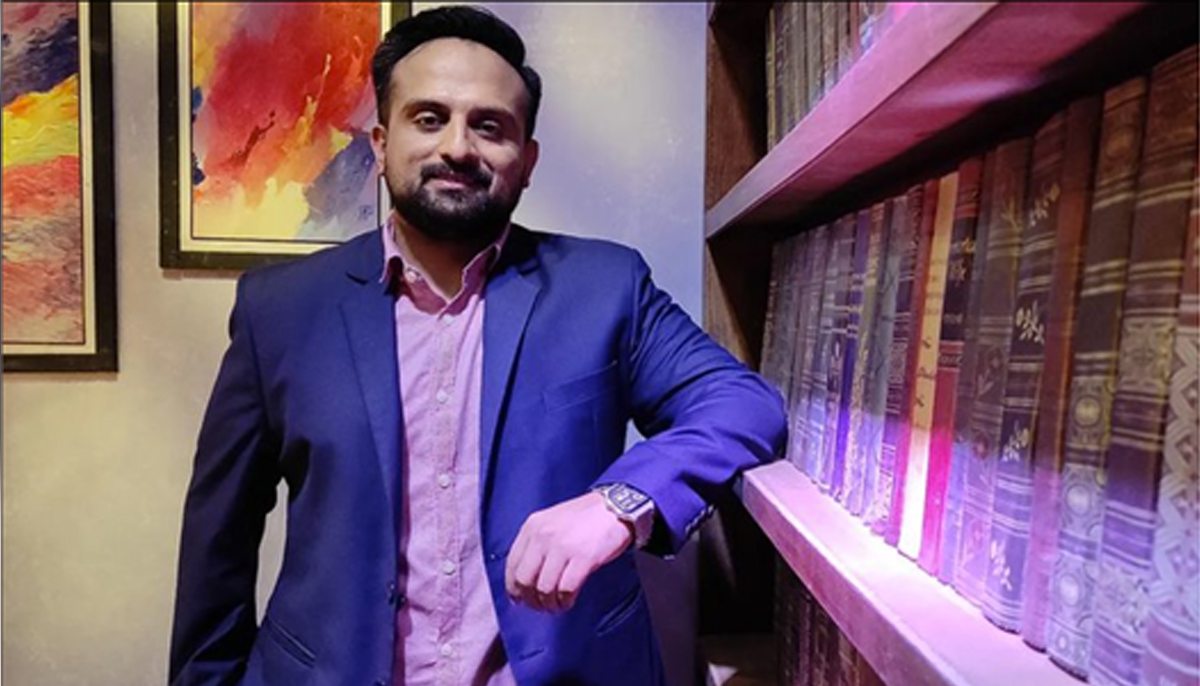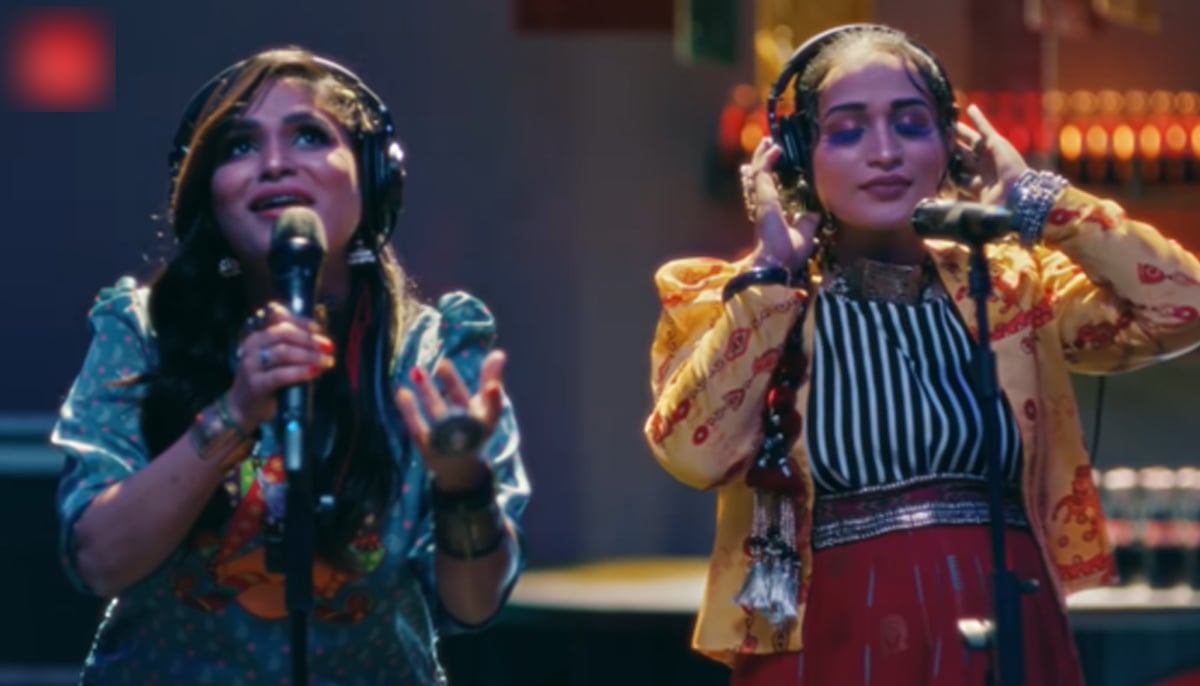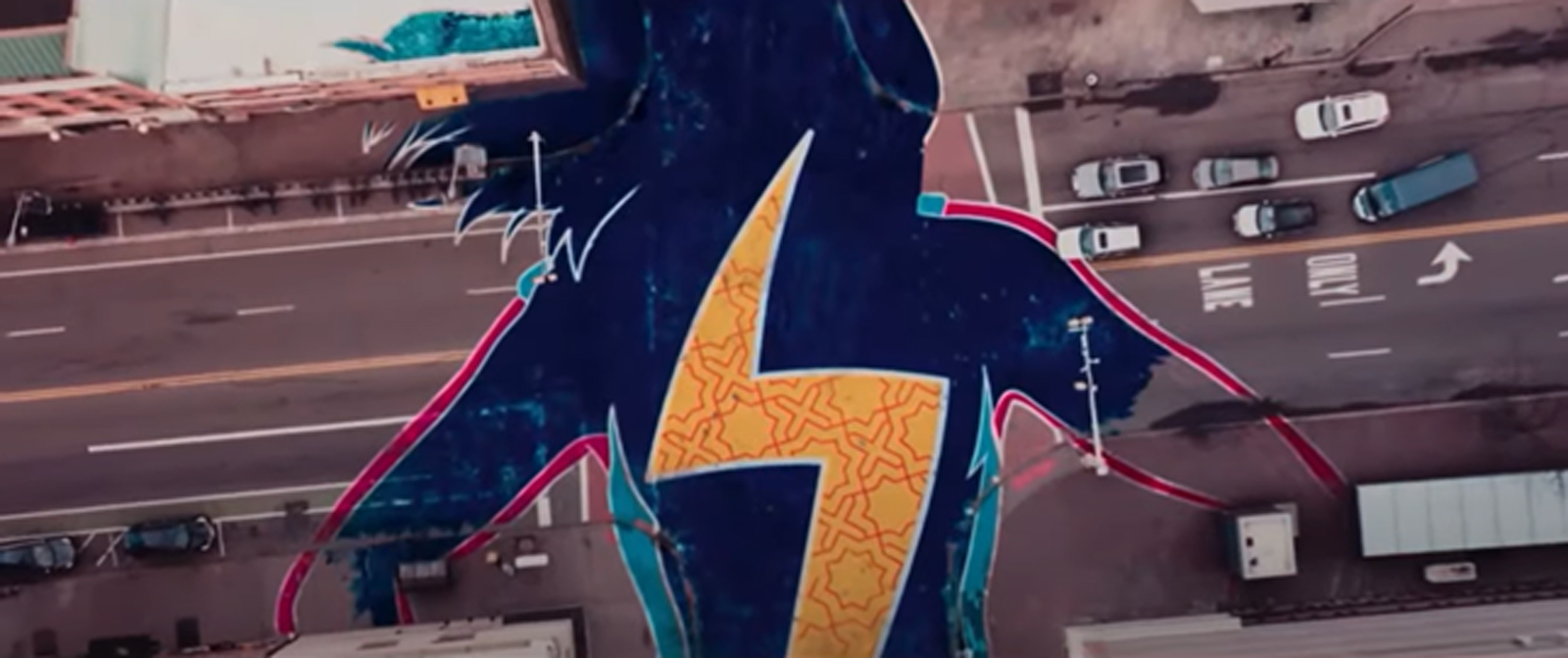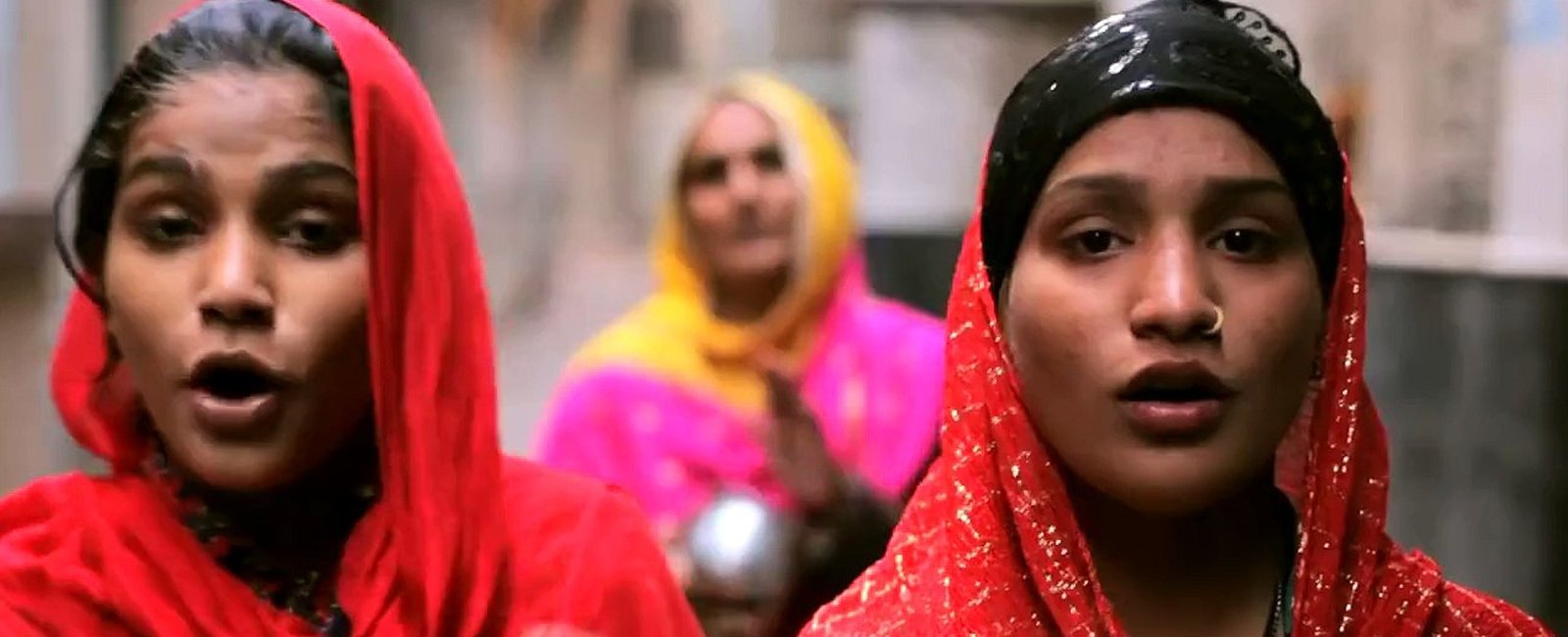From YouTube to Hollywood: How Justin Bibis re-emerged from oblivion
Geo.tv explores the journey of the young duo “Justin Bibis” — from their viral YouTube video to Hollywood

It had been six years since their video, of singing Justin Bieber’s “Baby”, had gone viral on the internet. Yet, the young duo, who called themselves the “Justin Bibis”, were still struggling as artists, waiting for a big break. Then finally last year, they got just what they were hoping for.
In an unexpected call that changed their lives, Saania Sohail, 21, and Muqadas Jandad, 18, were asked to sing in Pakistan’s most popular music show, the Coke Studio.
The man on the line told Justin Bibis that Zulfiqar “Xulfi'' Jabbar Khan, a celebrated Pakistani musician, was Pakistan Coke Studio season 14’s producer and was inviting them to Karachi to feature in the brand’s upcoming season.
The girls were in disbelief.
“It was an emotional moment,” the artists told Geo.tv, speaking over each other. They shared the news with their mother first, who immediately burst into tears.
Pushing boundaries with hip hop and tradition
When Coke Studio announced its upcoming season in January, Pakistanis were still mourning their loss in the T20 Cricket World Cup semi-finals. During the same time, shocking news surfaced of a mob lynching in Punjab.
But music was a balm on the bruises, said Rafay Mahmood, a Karachi-based cultural commentator.
“Whatever a nation is going through…Music has the chance to transform things,” he added.

The new season of Pakistan’s Coke Studio replaced its monotonous colour range with vibrantly decorated sets, showcasing the bright colours of the Pakistani culture and featuring new hip hop twists, which Mahmood called a “cosmopolitan approach to traditional music.”
When the Justin Bibis were introduced to their Coke Studio project, they found “Peechay Hutt” unlike any song they’d heard before. After all, the girls had Rajasthani roots and were skilled in singing traditional Pakistani music rather than hip hop songs.

“For us, [Peechay Hutt] was a unique experience because it was mixed with rap, hip-hop and had elements of Rajasthani music too,” Saania Sohail said.
Ms Marvel to the rescue
For the duo, the climb to the top didn’t just stop there.
The two most popular songs of Coke Studio this year — “Pasoori” by Shae Gill and Ali Sethi, and “Peechay Hutt” by Talal Qureshi, Hasan Raheem and Justin Bibis — were also featured in the new superhero show, Ms Marvel.
“In our community, playing music is normal but reaching fame is not,” Muqadas Jandad told Geo.tv, “[Fame] was especially not something we expected.”
The sisters had grown up in the middle-class Shadra Imamia Colony in Lahore. From very early on they had struggled financially, sometimes only having one meal a day.
They dropped out of school in their second year due to pressure from their conservative extended family.

When they decided to focus on music, relatives taunted and mocked them. But their parents supported their talent, encouraging Justin Bibis to never give up on their passion for music.
Even today, they are inspired by the music of Noor Jehan, Rahat Fateh Ali Khan and Atif Aslam, but also popular Western artists such as Rihanna and Justin Bieber.
“When it comes to music, we love it with all our heart,” the duo said, completing each other’s sentences, “When we’re singing a song or we listen to a song for the first time, we completely lose ourselves in it. Music makes us whole, it’s like it becomes a part of our soul.”
When they discovered “Baby” by Justin Bieber, they were determined to learn the song despite not knowing English. So they transcribed the syllables in Urdu and eventually learned all the lyrics.
They finally gained public’s attention in 2015 when a stranger unexpectedly recorded them singing “Baby” at the park while they were playing the game Antakshari.
As soon as it was posted on YouTube, the video went viral. But views on social media did not translate into work for the artists, until that call from Coke Studio.
“That day, we received so many calls congratulating us that we both decided to take turns picking up five calls at a time,” Saania Sohail said laughing. “Everyone was congratulating us and we loved it.”
The rise and fall of musicians
The rags to riches tale is not unusual for Pakistani artists.
Mahmood recalls a popular band called Chakwal Group, a group of traditional singers from Punjab's Chakwal. Their last appearance was in Coke Studio from a decade ago in season five.
“They came, people talked about [them] and they vanished,” Mahmood summarized. “We're living in the sad reality of either: you take the opportunity when you're given the highball and start working on it, which none of these people are, because they don't have enough exposure as to how to understand the audience. Or you just rise and fade away.”
He says the problem is that Pakistani singers that normally go viral come from humble backgrounds, such as labourers, who don’t have the luxury of solely pursuing music. However, to stay popular after going viral, small Pakistani artists would have to continue producing unique, never-seen-before music — which is unlikely for the working class.
“It's sad because the last I heard of [Justin Bibis], I think, was about seven or eight years back, and then they faded away,” Mahmood said. “Now my question is, will they fade away again?”
Mahmood believes another issue lies in the fact that Pakistan has no sustainable business model for artists and on top of that, no stable economy, which leaves little room for small artists to break through and stay at the top.
Instead, Mahmood sees hope in social media platforms like TikTok for Pakistan’s emerging artists.
Many TikTokers nowadays are usually middle-class, eventually, rise from nowhere and make a decent living out of it - unlike a number of struggling artists in Pakistan, who only rely on the conventional system to be a part of the creative economy.
“Pakistan music industry is not an industry — it’s a music scene,” Mahmood explained, “Because music is not an organised business in Pakistan…the West has its own economy and there are so many skilled musicians who you might never hear about, who are still doing well for themselves. That is not possible in Pakistan.”





